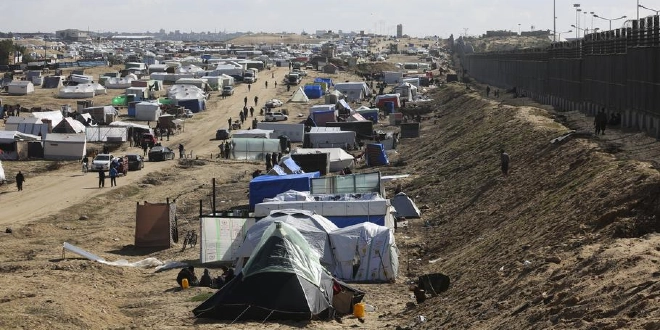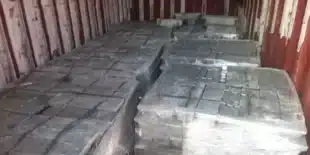Israel’s military operations in the Gaza Strip, particularly towards the southern town of Rafah, are heightening tensions with Egypt. Israeli Prime Minister Benjamin Netanyahu asserts that these actions are crucial to stop Hamas from smuggling weapons across the border, a claim Egypt strongly denies. Egypt warns that any Israeli troop deployment in the Philadelphi Corridor, a demilitarized zone under the 1979 peace accord, could severely damage their bilateral relations.
This corridor, a narrow strip along the Gaza-Egypt border, includes the Rafah crossing and is part of a larger demilitarized zone spanning the entire Israel-Egypt border. Control of this area is vital for Israel to achieve its goal of dismantling Hamas, but doing so could risk its longstanding peace with Egypt. Egypt has expressed concerns that an Israeli attack on Rafah could trigger a large influx of Palestinian refugees into its Sinai Peninsula.
The dispute places Israel in a difficult position. Halting its offensive could mean falling short of its objective to neutralize Hamas, while proceeding could strain its relationship with Egypt and the United States. The U.S., while supporting Israel’s right to defend itself, has opposed any efforts to reduce Gaza’s territory. Additionally, Israel aims to maintain security control over Gaza post-war, with Netanyahu emphasizing the importance of controlling the Philadelphi Corridor.
For Egypt, there’s a significant fear of destabilization due to potential Palestinian refugees entering Sinai from Gaza. Egypt’s crackdown on smuggling tunnels over the past decade has been aimed at curbing weapons flow into Sinai, where it has been fighting Islamic militants.
The situation underscores the complexities of the conflict, with both immediate and long-term implications for regional stability and the delicate balance of international relations in the Middle East.


